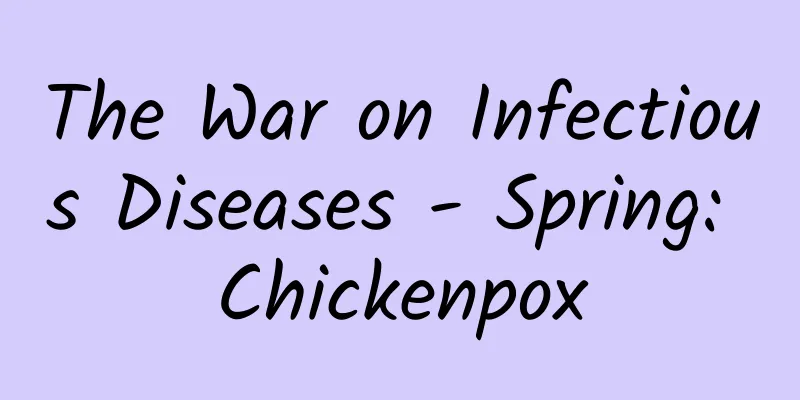Can I eat sweets during the confinement period?

|
Sugar is a very common thing in our lives. It is a kind of sweet food. Some women like to eat sugar in their daily lives. Eating sugar in moderation will not have any effect on health, but if you eat a lot of sugar, it will be bad for your body. Confinement is a special period, and you need to pay special attention to your diet. Many things cannot be eaten during confinement. Can you eat sugar during confinement? Can I eat sweets during the confinement period? It is okay for mothers to eat a small amount of sweets during the confinement period. For example, mothers who have just given birth will also eat some brown sugar to replenish their body's energy and water. However, it is not advisable to eat too much candy or lollipops on the market. Most of them contain a lot of additives, preservatives, sugar, etc. Eating too much will be detrimental to the baby's development. Types of candy 1. Brown sugar: You can eat it. Brown sugar can supplement the calcium, iron, zinc and other nutrients needed by new mothers. Drinking brown sugar water is helpful to expel lochia from the body as soon as possible. 2. Lollipops: Eat with caution. New mothers are prone to depression in the 4-10 days after delivery. Lollipops have a relaxing effect, so it's okay to eat them occasionally. However, it contains a large amount of additives, preservatives, sugar, etc., so postpartum women should eat it with caution. 3. Mint candy: Eat with caution. Although mint candy can relieve throat discomfort, refresh the mind and reduce internal heat, the sugar it contains can easily cause obesity. Mints are very irritating to the oral cavity and are not good for the oral health of postpartum women. 4. Milk candy: Eat with caution. Milk candy is mainly made from dairy products. It tastes soft and can replenish energy for the human body and help the body absorb calcium. However, most milk candies on the market contain additives. New mothers are advised to eat less of these unhealthy foods. 5. Chewing gum: You can eat it. Mothers should also brush their teeth during the confinement period to protect their dental health. Chewing gum can clean the mouth, maintain oral health, increase appetite, and relieve anxiety. If a new mother feels anxious or depressed during the confinement period, it is better to chew gum. The palace master recommends that new mothers who are breastfeeding eat chewing gum containing xylitol, which can also help protect the baby's dental health through breast milk. Note: Do not consume chewing gum together with carbonated drinks, as it will accelerate the release of gas in the carbonated drinks and easily cause bloating. |
<<: How to sweat after confinement?
>>: Lochia becomes lighter and then bright red again
Recommend
Sincere advice: Walking more than 7,000 steps a day can significantly reduce the mortality rate!
As the saying goes, if you take a hundred steps a...
What is the normal age for women to enter menopause?
When women reach a certain age, they will enter m...
What causes fishy smell in vaginal discharge?
Leucorrhea with odor is a manifestation of abnorm...
Why do you feel sleepy during your period?
When you have your period, it is normal to have b...
Dietary care for chronic glomerulonephritis
Patients with chronic glomerulonephritis generall...
Will delayed menstruation affect your health?
The symptom of delayed menstruation is quite comm...
Stronger hands, faster walking, lower risk of high blood pressure
Hypertension is the most common chronic disease a...
How to comfort a girl with a stomachache
What should you do if a girl complains of stomach...
Is abortion dangerous?
If a woman wants to have an abortion, she must fi...
Causes of lower abdominal pain in women
In life, many women will experience lower abdomin...
Girls have increased yellow discharge
In our daily life, many women have a lot of secre...
Why are my nipples so hard? Gynecologists tell you the answer
When nipples become hard, female friends should l...
What are the benefits of eating coconut meat? How to get the coconut meat out
Coconut juice contains sugars, fats, proteins, gr...
The best treatment for ovarian cysts
We know that the ovaries play a very important ro...
What are the ways to prevent stretch marks?
Pregnant mothers all have such a trouble: watchin...









